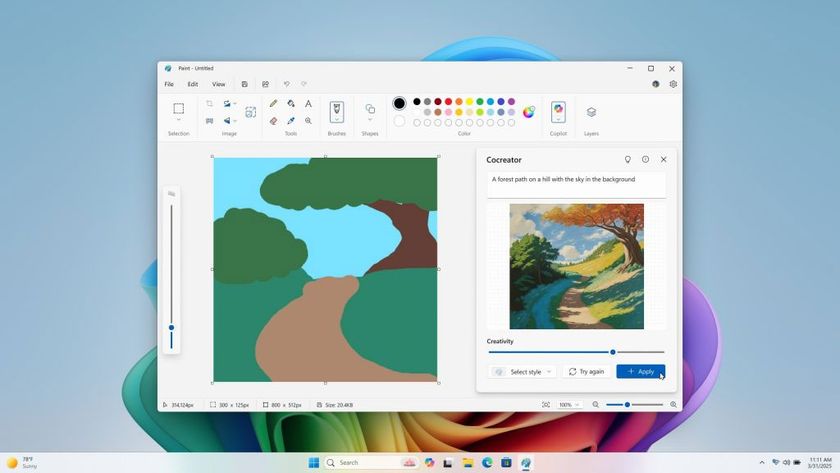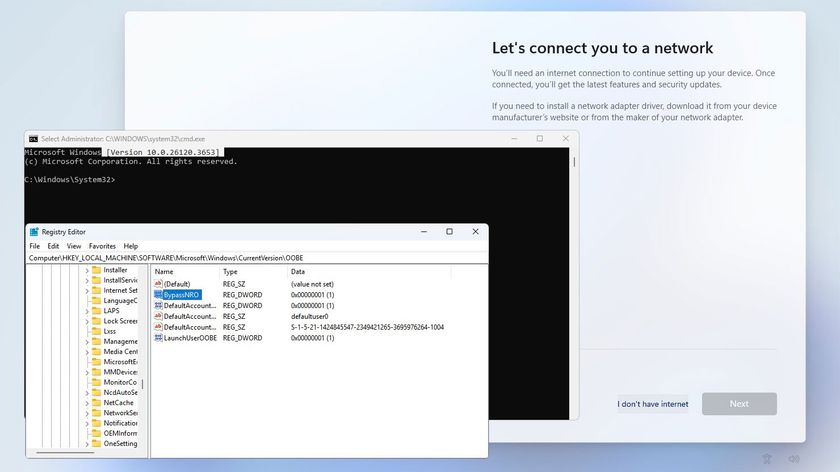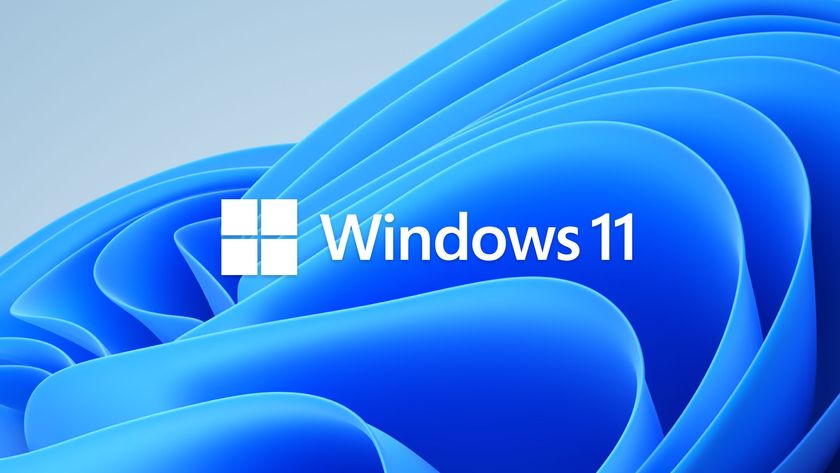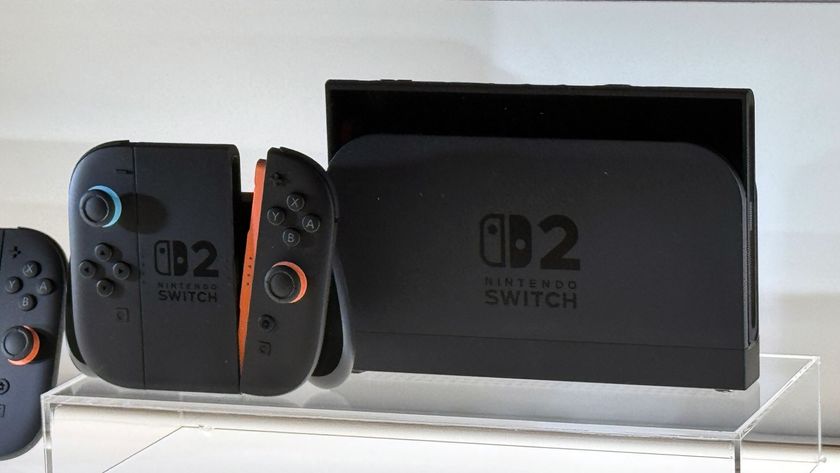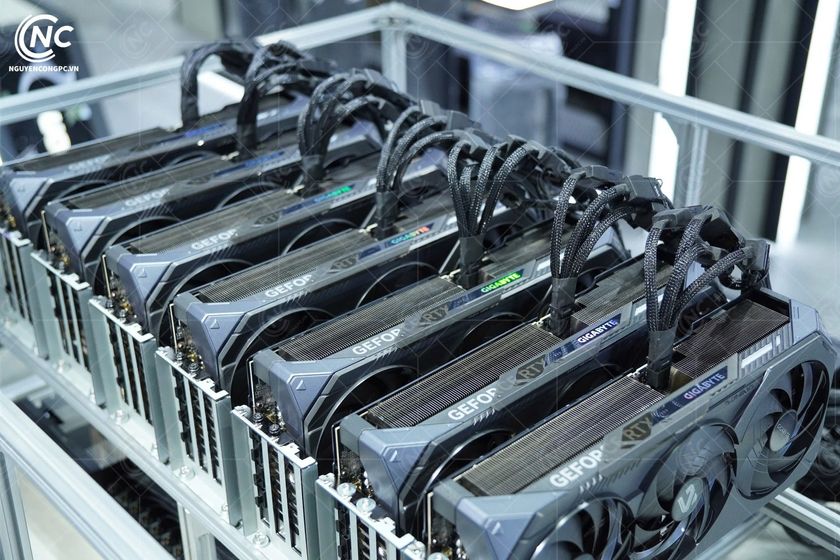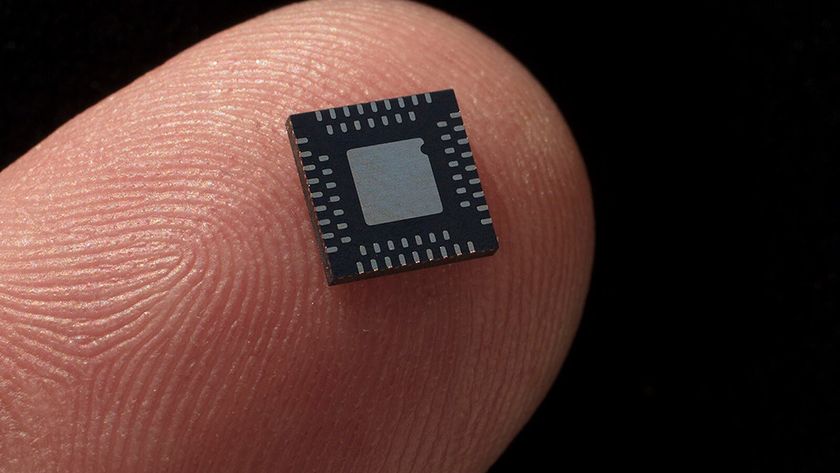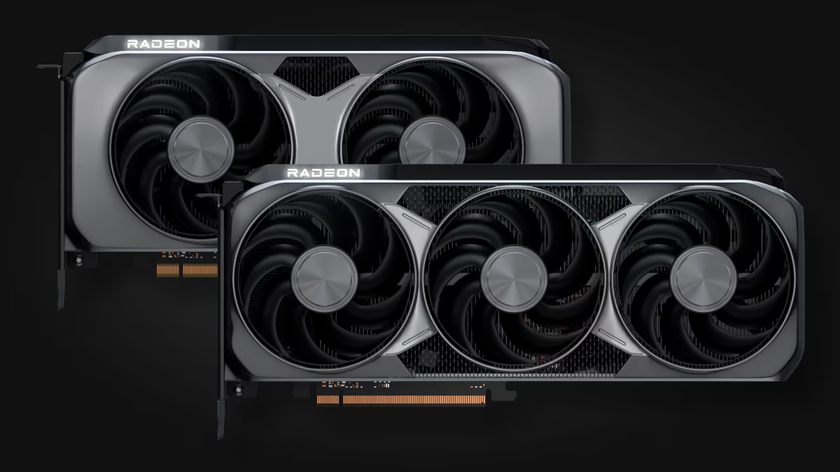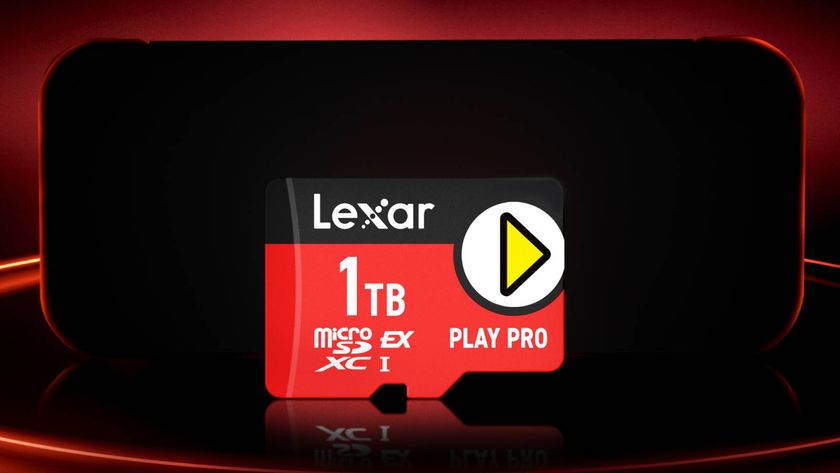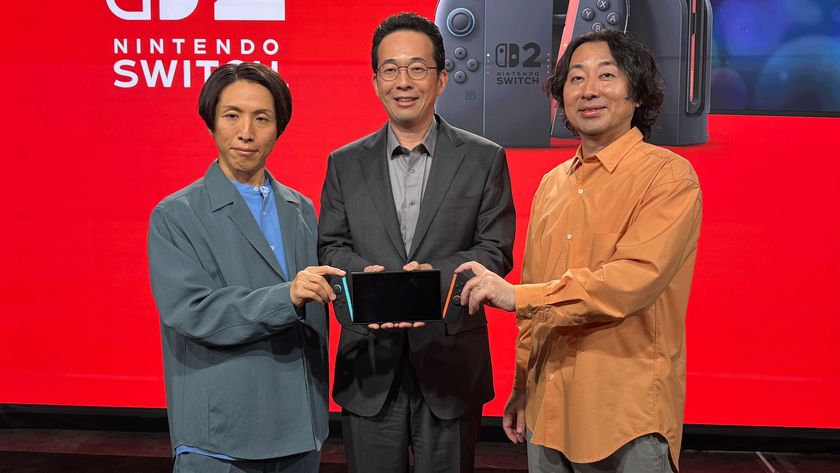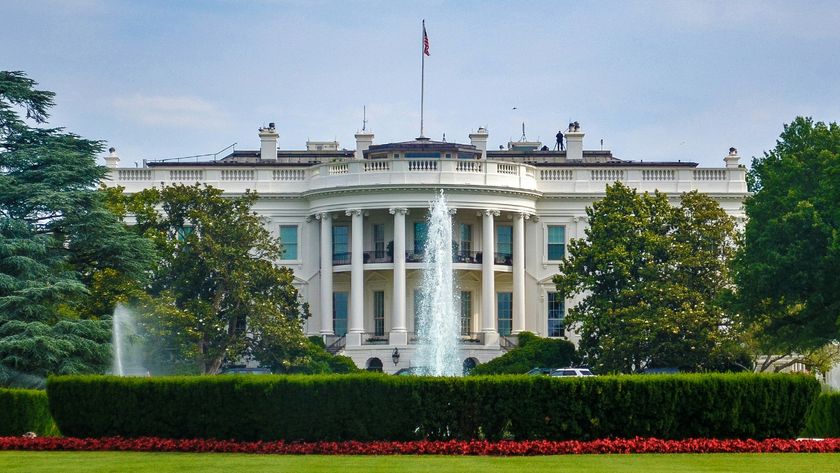Microsoft Will Let Enthusiasts Install Windows 11 on Non-Compliant PCs, Reports Say
A loophole will let you install Windows 11 no matter which CPU you use.
While Microsoft has expanded its CPU compatibility list for Windows 11 to include some 7th Gen Intel Core processors, it is also quietly letting people install the new operating system on older hardware by installing it with an ISO rather than using Windows Update. These computers may not meet Microsoft's stated requirements in its PC Health Check app, but it may keep many PCs from being shut out of Windows 11.
None of this information was in Microsoft's blog post today, announcing the slight changes to the compatibility list and the reintroduction of PC Health Check. But reports form Thurrot, ZDNet and The Verge suggest Microsoft will let it occur as a bit of an open secret. (Tom's Hardware has reached out to Microsoft for more information, but it did not respond before press time.)
If you're willing to download an ISO via the Media Creation Tool and perform the install manually, you'll be be able to install Windows 11 in spite of the CPU compatibility list. That is, as long as you have a 64 bit, dual-core or higher-end processor at 1GHz, 4GB of RAM and 64GB of storage and TPM 1.2, which were the initial system requirements stated for Windows 11.
This isn't, of course, something Microsoft is advising, and Windows 11 will reportedly notify users that their systems are in an "unsupported state," though it isn't entirely clear what that means for future security updates.
Still, this concession is a way to quietly make enthusiasts happy while ensuring newly purchased and built computers meet the security requirements that it says is raising the bar to prevent complex attacks and raise the security baseline for all PCs.
Stay On the Cutting Edge: Get the Tom's Hardware Newsletter
Get Tom's Hardware's best news and in-depth reviews, straight to your inbox.
Andrew E. Freedman is a senior editor at Tom's Hardware focusing on laptops, desktops and gaming. He also keeps up with the latest news. A lover of all things gaming and tech, his previous work has shown up in Tom's Guide, Laptop Mag, Kotaku, PCMag and Complex, among others. Follow him on Threads @FreedmanAE and Mastodon @FreedmanAE.mastodon.social.
-
DeepCool_Phoenix This is fantastic. I'm happy they allowed the ISO some extra flexibility. It's astonishing how old of a computer can accept Windows 10 with some finessing. Personally, I've gotten it working as far back as a Core 2 Duo from around 2006(i think). I look forward to seeing how far we can push Windows 11Reply -
punkncat My understanding and word from several of the well known PC tubers is that once the final release comes out, there will be an update push that will stop this from being operational.Reply -
hannibal Hard to say… at this moment they allow also older computers, so that they can test how compatible or uncompatible those older devices are!Reply
they have allready reported that some older devices has ower 50% more crashes than the newer ones so it is possible that they close this option or at least they dont make improvements to win11 to make it more stable with older hardware (aka they dont support those older computers) even the user may install it if they really want to. Also any crash and lose of data is in the hand of user who did install win11 to uncompatible computer. So i would not put win11 to a work related computer if it is not officially supported! -
USAFRet Reply
And we've been getting conflicting reports from MS.punkncat said:My understanding and word from several of the well known PC tubers is that once the final release comes out, there will be an update push that will stop this from being operational.
Only new...
Maybe older...
TPM required...
TPM Maybe...
blah blah...
Nothing is certain until the day after it actually happens. -
Alvar "Miles" Udell Microsoft: So you spent $800 in 2017 building a top of the line 1800X and X370 setup complete with plenty of RAM?Reply
Should have gone Intel! -
drtweak ReplyLolaGT said:As long as the TPM requirement stays it is the same many millions of PCs locked out.
on the personal and custom built side probably.
on the OEM Business PC's this will open up more. Dell has had TPM built into their Optiplex likes since 6th gen for sure, possibly 4th gen and a little older. Some of the older 5/9 series Optiplexs for sure had them and then the 3 series didn't. All depends. -
Kamen Rider Blade They honestly should've kept the installation requirements to be identical to Windows 10.Reply
That would've saved them alot of headaches. -
JfromNucleon Replydrtweak said:on the personal and custom built side probably.
on the OEM Business PC's this will open up more. Dell has had TPM built into their Optiplex likes since 6th gen for sure, possibly 4th gen and a little older. Some of the older 5/9 series Optiplexs for sure had them and then the 3 series didn't. All depends.
Yup.
I have an 6th gen optiplex here that not only has TPM but TPM 2.0 built into it -
korekan It should be simple as if you dont have TPM then its not supported and use it at your own risk because of the tech keep moving.Reply

